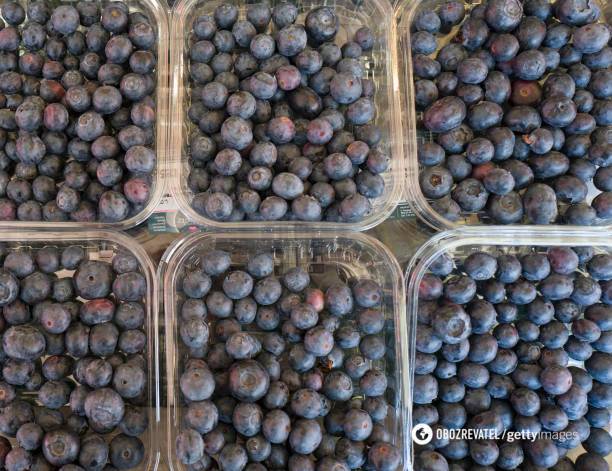LS Food
Getting smarter during lunch: a doctor has determined how foods affect mental abilities
Properly selected foods can significantly affect brain function and slow down age-related changes.
Nutritionist Vira Palamar wrote about this on her Facebook page.
"Unfortunately, there are no magic pills or superfoods that can completely stop the aging process in the brain. However, if your diet is rich in fruits, vegetables, legumes, whole grains, and healthy fats, you have the opportunity to significantly slow down age-related brain changes," the nutritionist said, adding that including many foods in the diet on a regular basis can improve brain health, which should lead to improved mental function.
According to Palamar, research shows that the best foods for the brain are greens, leafy salads, and broccoli, which are rich in healthy nutrients such as vitamin K, lutein, folic acid, and beta-carotene. Studies show that these plant-based foods can help slow down cognitive decline.
The nutritionist also noted that oily fish is a source of omega-3 fatty acids. "Healthy unsaturated fats are associated with lower levels of beta-amyloid in the blood, which is a protein that forms complexes in the brains of people with Alzheimer's disease. Try to eat fish at least twice a week, but choose low-mercury varieties such as salmon, cod, canned light tuna, and pollock. If you don't like fish, choose plant-based sources of omega-3s, such as flaxseed, avocado, and walnuts," Palamar said.
The nutritionist also recalled the benefits of berries. "Flavonoids, the natural plant pigments that give berries their shiny hue, also help improve memory. In a 2012 study published in the Annals of Neurology, researchers at Brigham and Women's Hospital, Harvard found that women who consumed two or more servings of strawberries and blueberries each week slowed their memory decline by up to two and a half years," the doctor said.
In addition, the nutritionist emphasized the beneficial properties of tea and coffee, noting that in a 2014 study published in The Journal of Nutrition, those with higher caffeine intake scored better on tests of mental function. According to other studies, caffeine can also help strengthen new memories.
Palamar named walnuts as another useful product. "Nuts are excellent sources of protein and healthy fats, and walnuts in particular can also improve memory. Walnuts contain a lot of omega-3 fatty acids in the form of alpha-linolenic acid (ALA), which helps lower blood pressure and protects arteries, which is good for both the heart and the brain," the doctor said.































